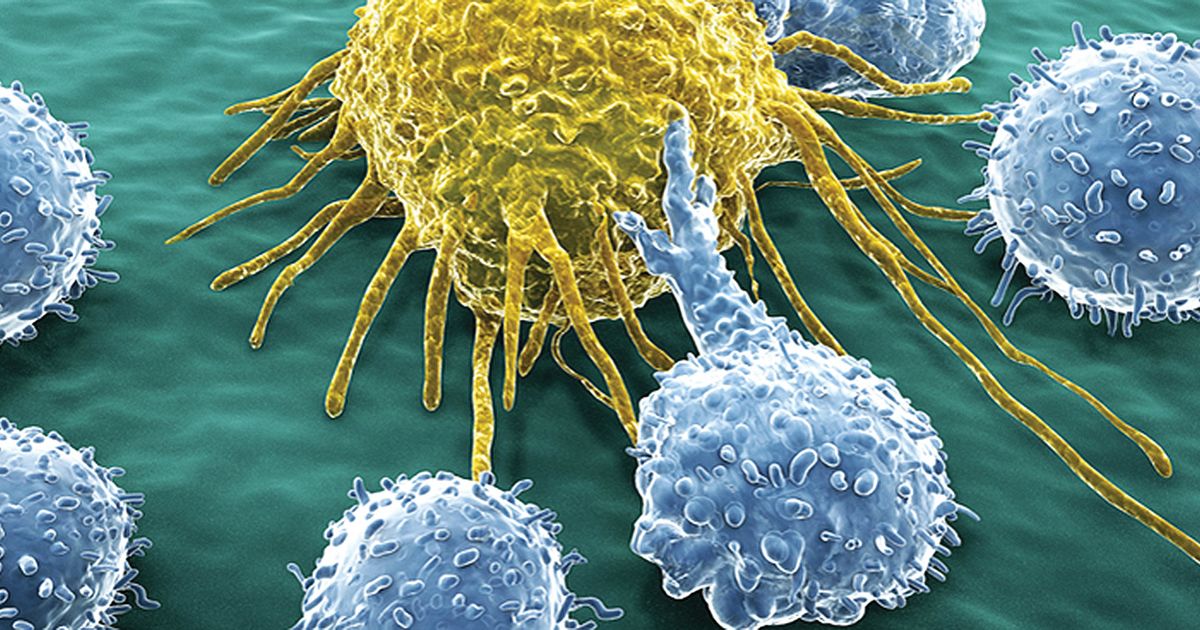Can Immunotherapy Treat Other Conditions?
Immunotherapy is a term commonly used in reference to a type of treatment utilized to fight cancer. However, immunotherapy encompasses any manipulation of an individual's immune system to fight or treat disease. The immune system is designed to help defend the body against pathogen invasion, and other harmful substances. Some individuals have an abnormal immune system that reacts to its own body tissues and causes harm. This malfunction can cause a number of conditions that can be described using the umbrella term of autoimmune disorders.
These disorders are classified according to the body tissues they affect. Autoimmune disorders can be challenging to treat, often requiring the use of numerous methods to mediate several systemic symptoms that occur simultaneously. Immunotherapy methods have proven to be helpful in the treatment of several common immune conditions when traditional methods are ineffective.
What Is Immunotherapy?

Immunotherapy, by definition, is the utilization of certain characteristics and components of the complex human immune system to treat disease. Immunotherapy can be categorized in several ways. Activation therapies stimulate the immune system activity to fight off diseases such as cancer, while suppression therapies reduce the overactive immune activities to help control autoimmune conditions. Additionally, immunotherapy can be used in the prevention of organ rejection in patients who have received an organ transplant.
Suppression immunotherapy works by reducing the effects of the immune response within a patient's body. This goal can be accomplished by numerous methods that involve reducing the production or action of a certain targeted component of the immune system. This process has been done in several ways, including by the removal and manipulation of cells for the purpose of programming them to target and kill other harmful immune cells.
Rheumatoid Arthritis

Rheumatoid arthritis is a debilitating inflammatory disorder where the patient's immune system attacks a variety of systems in the body, including the joints, skin, eyes, lungs, blood vessels, and heart. The lining of the joints is one of the most commonly affected areas of the body by rheumatoid arthritis. The immune system attacks the cells in the joint lining, resulting in swelling that can cause joint deformity, severe pain, and bone erosion. While traditional treatments such as non-steroidal anti-inflammatory medications can help with inflammation initially, they do not stop the disease from worsening. If NSAIDs are ineffective, steroids may be used to help slow down the rheumatoid arthritis progression.
When these options are ineffective, an affected individual may need immunotherapy. Immunotherapy treatments for rheumatoid arthritis patients work by interrupting the immune responses that cause their joint inflammation. Biological response modifiers are a natural part of the immune system utilized to treat rheumatoid arthritis. These response modifiers are produced in large portions in a laboratory, and they are placed back into the individual's body. These modifiers then help target the T-cells and a protein called interleukin-1 that are the critical factors associated with rheumatoid arthritis inflammation.
